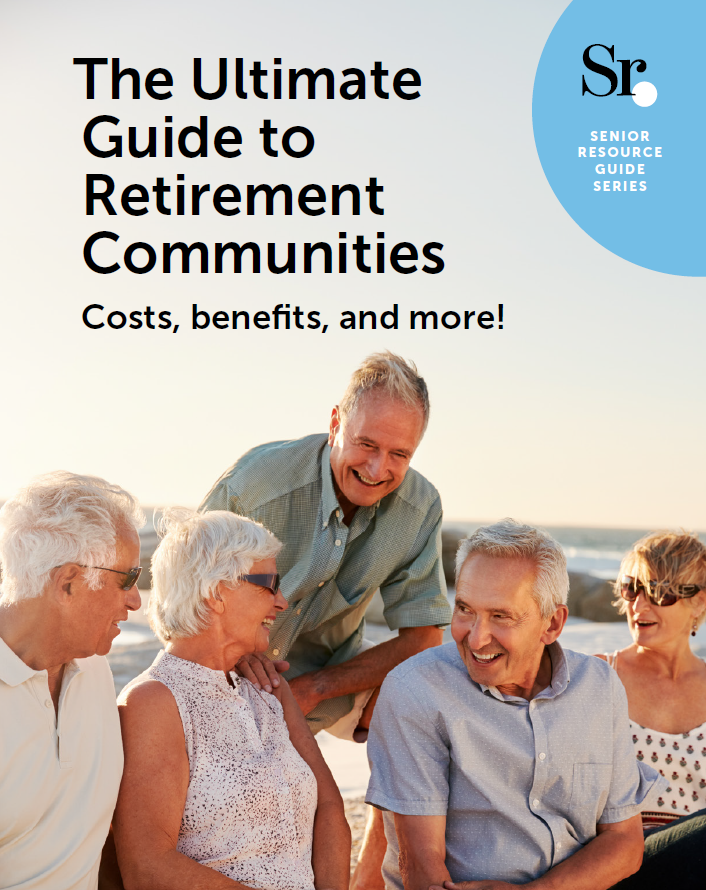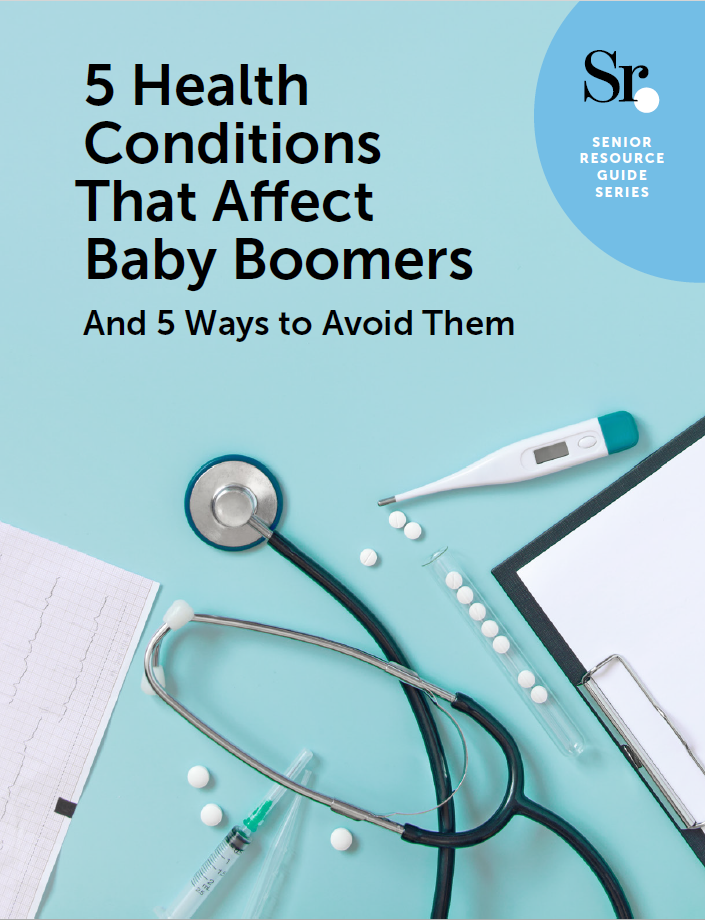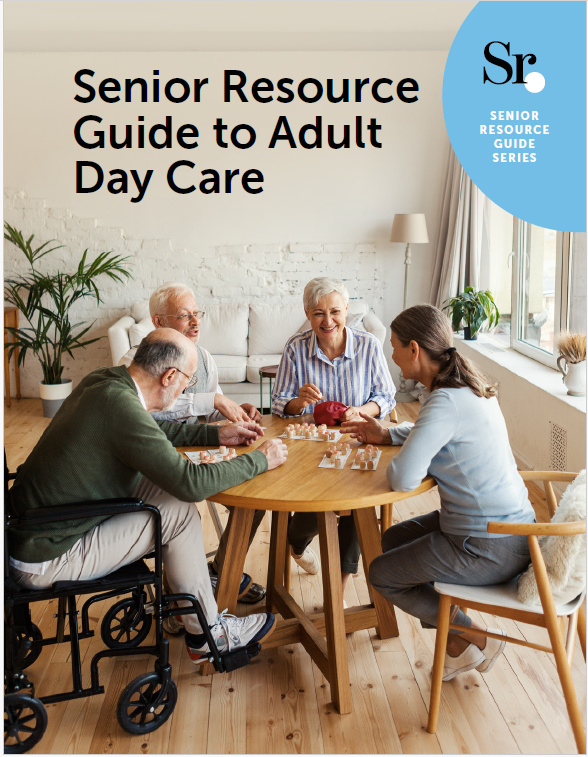Injury Prevention Tips for Seniors from an EMS

Advertisement.
Today’s episode features Nancy Butty, an injury prevention specialist with nearly 20 years of experience in community risk reduction, particularly focusing on her tenure at the fire station.
Episode Highlights
- When to Call an Ambulance:
- Emergencies: For serious symptoms like heart attacks or strokes, calling EMS is crucial as these conditions can rapidly escalate.
- Preparation: Before an emergency occurs, keep a list of medications, ailments, and dosages handy. This information can be stored in a “File of Life” on your refrigerator, easily accessible for EMS.
- Preparing for EMS Arrival:
- Access and Safety: Ensure doors are unlocked and pets are secured to allow easy access for EMS personnel.
- Visibility: Make sure house numbers are visible and outdoor lights are on if it’s dark to help EMS locate your home quickly.
- Hospital Choice and Costs:
- Insurance Coverage: Insurance typically covers ambulance rides, but there may be co-pays. For non-urgent cases, choosing a distant hospital may incur additional charges.
- Hospital Levels: Understand that hospitals have different levels (1-4) indicating the type of care they can provide. EMS will take you to the most appropriate facility based on your condition.
- Observation vs. Admission:
- Hospital Stay: Being in the hospital doesn’t always mean you are admitted; you might be under observation. This can affect your insurance coverage, so always confirm your status.
- Common Reasons for Senior ED Visits:
- Chronic Diseases and Falls: Seniors frequently visit emergency departments due to falls, physical limitations, and cognitive impairments. Falls are the leading cause of trauma-related hospital admissions for seniors.
- Preventing Falls and Injuries:
- Exercise and Mobility: Staying active and participating in balance-focused exercises can significantly reduce the risk of falls.
- Home Safety: Make sure your living environment is safe to prevent accidents, such as keeping pathways clear and installing grab bars where necessary.

By staying informed and prepared, seniors can significantly reduce the risk of injuries and ensure prompt, appropriate care during emergencies!
Subscribe to & Connect with Next Steps 4 Seniors: Conversations on Aging

Visit Next Steps 4 Seniors: https://nextsteps4seniors.com/
Advertisement.
Popular Articles About Senior Safety
Originally published June 18, 2024








